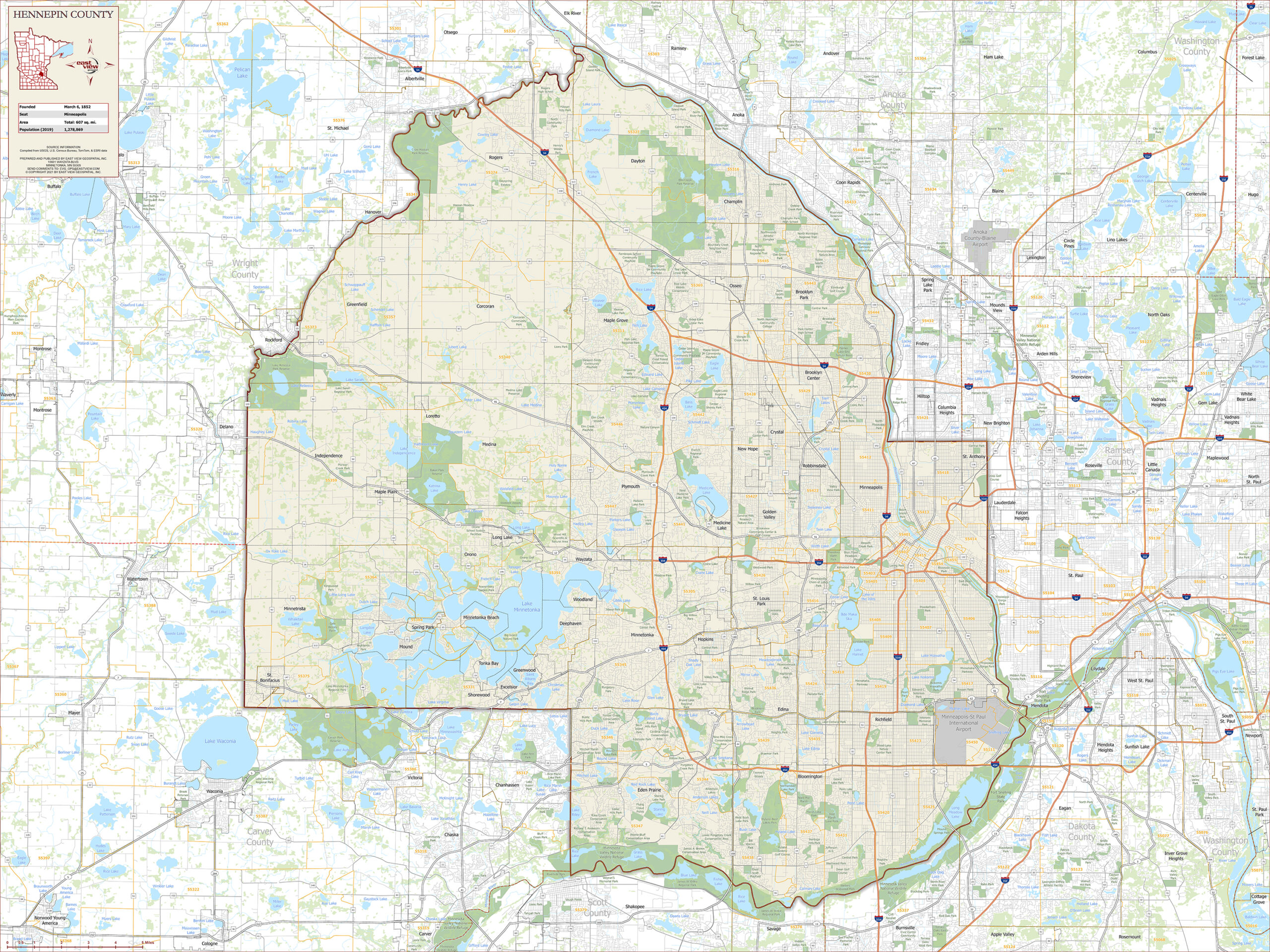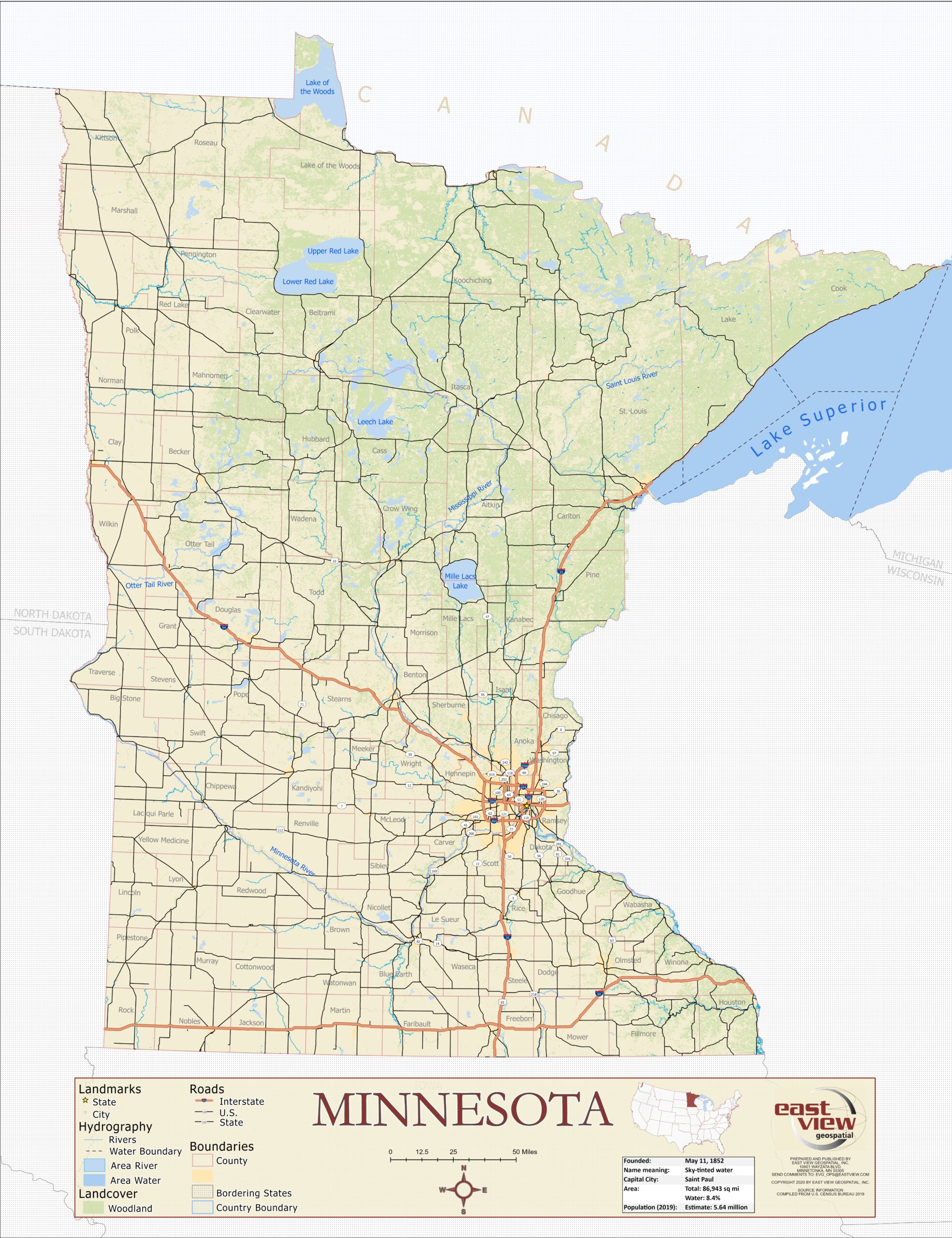The national Swiss mapping agency is the Federal Office of Topography in the Ministry of Defence (Bundesamt fϋr Landestopographie (BLT)). Its history can be traced back to the establishment of a survey office in Geneva in 1838. The country was mapped in the nineteenth century at 1:100,000 scale in the Dufourkarte and at 1:25,000/1:50,000 scale in the Siegfriedkarte, issued as the Topographische Atlas. BLT headquarters are now located in Wabern and it is responsible for geodetic and topographic surveying of the country and publication of national topographic map series. The basis of this modern mapping of the country was defined in a 1935 federal law which fixed integrated official mapping scales at 1:25,000, 1:50,000, 1:100,000 1:200,000, 1:500,000 and 1:1,000,000. 1:50,000 scale series mapping was completed in 1960, 1:100,000 in 1964 and 1:25,000 in 1979. All use a conformal conic projection and incorporate very effective use of hill shading. BLT’s principal role is the maintenance of a six-year revision cycle for the 350 photogrammetric maps in these series.
The 1:25,000 scale series comprises 249 eight-color maps, with 10 m contour interval (20 m in mountainous areas); the 1:50,000 scale series in six-colors has 20 m contours and the 1:100,000 scale in 10 colors with a 50 m contour interval is available with or without a kilometric grid overprinted in violet. A separate legend is published to explain the symbols used on these maps. A range of larger format composite maps of tourist areas are published in all three scales, and overprinted ski and walking editions of the 1:50,000 scale map are available for many areas, in association with the Schweizerische Arbeitsgemeinschaft fϋr Wanderwege and the Schweizerische Skiverband.
The 1:200,000 scale map completed in 1976 is regularly revised, and covers the country in four sheets, with relief shown by hill shading and 100 m contours. These maps incorporate a legend, and some tourist information, and are also used to produce the single sheet 1:300,000 map of the country. A new 1:1,000,000 map was started in 1985, replacing the long established map at this scale. This single sheet was printed in 1994 with hypsometric tints from a Scitex system in two versions: a ten-color normal edition and an eight-color geophysical version without cultural features and names.
Two digital height models for the country have been established: the RIMINI model with 250 m resolution; and a new product DHM25, completed in 1996, with a 25 m resolution and 1,600 height values per kilometer, captured from 1:25,000 scale contours. Two structured digital map databases are also available: the VECTOR-200 database, with complete coverage of the country in 11 layers from the 1:200,000 scale series; and the VECTOR25 captured from 1:25,000 scale mapping, which is still in progress, has been captured for the plateau areas of the country. As a by-product of the digital data capture a digital production flowline has been implemented, and national hard-copy map series are currently updated in hybrid raster/vector mode.
Soviet military topographic mapping of Switzerland exists at the following scales: 1:1,000,000 (2 sheets, complete coverage, published 1985-1987); 1:500,000 (5 sheets, complete coverage, published 1985-1992); 1:200,000 (18 sheets, complete coverage, published 1986-1990); 1:100,000 (49 sheets, complete coverage, published 1985-1989); 1:50,000 (157 sheets, complete coverage, published 1984-1988) and city (1:10,000) topographic mapping of 9 major cities from Basel to Zurich published between 1952 and 1981. These products are available in print, digital raster and digital vector GIS formats from East View Geospatial.
Aeronautical charts of the country are compiled and updated on a regular basis for Bundesamt fϋr Zivilluftfahrt (BAZL). These include a single sheet ICAO-specification 1:500,000 scale visual chart, a 1:300,000 scale glider chart and a series of 22 1:100,000 scale obstacle charts.
Geological mapping of Switzerland was the responsibility of Commissions of the Swiss Academy of Sciences, the Schweizerische Geologische Kommission (SGK), Schweizerische Geotechnische Kommission (SGtK), the Schweizerische Geophysikalische Kommission (SGpK) and the Hydrologische Kommission. In 1986 a major reorganization of these responsibilities was carried out. Landeshydrologie und -geologie (LHG) is now responsible for the main geological series and for hydrological mapping, and falls administratively within the national environmental office Bundesamt fϋr Umwelt, Wald und Landschaft (BUWAL). The main series is the 1:25,000 scale Geologischer Atlas der Schweiz. Recent work carried out by LHG has involved the establishment of a digital 1:500,000 database of the country, with coverages captured from geological, tectonic and hydrogeological maps. Experimental digital 1:100,000 geological coverage was compiled in 1995.
The Schweizerische Geotechnische Kommission (SGtK) was founded in 1899 and publishes mapping relating the industrial use of minerals and rocks. It maintains a 1:200,000 scale geotechnical map of the country, the latest edition of which was published on CD-ROM between 1997 and 2000. SGtK is compiled a four-sheet 1:200,000 scale map of mineral resources as well as 1:100,000 scale hydrogeological mapping of selected areas and 1:10,000 scale soil maps of Baden, Schaffhausen and Bern. All these maps are issued with explanatory texts. Geophysical mapping of the country is carried out by the Schweizerische Geophysikalische Kommission (SGpK) including a 1:100,000 scale Bouguer anomaly series started in 1994 and 10 thematic maps at 1:500,000 scale.
Soils mapping of Switzerland was started by Eidgenössischer Forschungsanstalt fϋr Landwirtschaftliche Planzenbau in 1981 and is currently the responsibility of the Eidgen-össischer Forschungsanstalt fϋr Agrarökologie und Landbau (EFAL). EFAL has published about 15 full-color maps in a 1:25,000 scale series as well as smaller scale land capability mapping.
Programs of regional earth science and environmental mapping are also carried out by some of the cantonal authorities, notably for Bern by the Amt fϋr Gewässerschutz und Abfallwirtschaft and the Wasser und Energiewirt-schaftsamt who jointly publish 1:100,000 scale groundwater and hydrothermal maps and a 32-sheet 1:25,000 scale water protection series.
BLT is also involved in the production and publication of three important thematic atlases. The national Atlas of Switzerland is an ongoing atlas project, commissioned by the Swiss Federal Council and published by BLT as a series of looseleaf folio instalments in its first series from 1965 to 1978 under its Editor in Chief Eduard Imhof. Since 1981 a second series has been in progress, under Ernst Spiess, which updates and expands the earlier mapping. The thirteenth instalment in the atlas program was published in 1997, and the atlas now contains about 600 maps, mostly at 1:500,000. From 1995 plans have been made for a new dual version of the national atlas comprising a printed component serving as an illustrated booklet with map section, and a multi-media interactive component on CD-ROM. The new edition is published in the three national languages and English and is maintained by the Institute of Cartography, ETH in Zurich.
The Schweizerische Meteorologische Anstalt is collaborating with BLT in the publication of the Klimaatlas der Schweiz. Like the national atlas this thematic work is being published in instalments, five parts have been issued from 1982 to 1995. The overall aim of the project is to collate the results of investigations into regional climatic variation in the country. The most recent atlas project is the Hydrologischer Atlas der Schweiz, this too is being issued in instalments and involves the collaboration of researchers from the Geographisches Institut Universität Bern, together with BLT’s experience in cartographic printing and the publication expertise of the Eidgenössischer Drucksache und Materialzentrale (EDMZ). The first three instalments were published in 1992, 1995 and 1997, and the project includes mapping in English, French, German and Italian languages, with 1:500,000 chosen as the standard map scale.
Large scale mapping of Switzerland has been carried out by many different cantonal and municipal surveying authorities. 97 percent of the country is covered by 1:5,000 / 1:10,000 scale base mapping, with 10 m contour intervals, itself often in part derived from larger scale cadastral mapping varying in scale from 1:200 in some urban areas to 1:10,000 in some more remote mountainous parts of the country. These maps are updated irregularly and are gradually being captured as digital data by the different cantons: some have been scanned, others established as a vector component to structured land information databases.
Many of the private sector cartographic houses in Switzerland have renowned reputations for their small-scale tourist, motoring and educational map publications. Kummerly + Frey (K+F) was founded in 1852 and has grown into one of Europe’s most important commercial mapmakers. It maintains a range of general maps of Switzerland, town maps, and two series of 1:60,000 scale for hikers and cyclists. In addition K+F produces physical and political country maps, and a wide variety of maps for motorists covering most of Western Europe at scales of 1:250,000 or larger. A new product marketed from 1996 was the Swiss tour guide on CD-ROM, with the Swiss road map, eight city and transit maps for the major cities, together with linked tourist information. Other CD-ROM initiatives include TraficPac, an automated route-finder with 5,000 destinations, and RadPac, aimed at the leisure cyclist. Other electronic route-finding packages are available from Amadeus Informatik, Finajour, and Stänz Informatik AG.
Hallwag publishes road maps, continental reference maps and a range of panoramic maps of Alpine areas. It distributes the City Flash series and other town maps of the world’s major cities. Orell Fϋssli Kartographie AG publishes motoring and general maps of Switzerland and a wide range of Swiss town maps, under the Photoglob label. Topmap Kartenverlag publishes mapping derived from aerial coverage and often using satellite image or air photo bases. Their range includes the Helvetkus CD-ROM a multimedia electronic atlas of Switzerland, including a wide range of interactive image-based mapping supplemented with cultural and physical detail. In addition they publish town maps for eleven Swiss towns, and by the end of 1999 had published a range of 70 birds-eye-view walking maps. Inter-Survey Consultants, Geneva maintains urban vector digital databases of Geneva and Zurich, which it markets under the Urba carta label.
Other small commercial cartographic houses include Schad + Frey, who issue a range of walking maps including coverage of Liechtenstein, Zubler-Ohler, which produces raised relief models of the Alps and other significant mountainous areas, Karto Atelier Arne Rohweder which concentrates upon the publication of panoramic and walking maps of mountainous areas, Waeger & Partner, and Fahrplan-Center, a specialist railway publisher.
The Bundesamt fϋr Statistik (BS) compiles small scale statistical mapping of Switzerland. A 1:300,000 scale land use map of the country was published in 1994. In addition BS has developed the GEOSTAT GIS, from a system initially based upon planning data sets, into a national GIS integrating a very great diversity of thematic data. Whenever possible the system uses vector data derived from 1:25,000 scale mapping, or captured in grid units of 1 ha. This system includes digital data sets relating to administrative boundaries, land use, population (including 389 attributes from the latest census for all the municipalities in the country), planning constraints, land classification information, and land suitability, in addition to relief, hydrological and topographic data.
Copyright © 2014 De Gruyter for e-version of World Mapping Today, 2nd Edition | Copyright © 2019 East View Geospatial, Inc.



